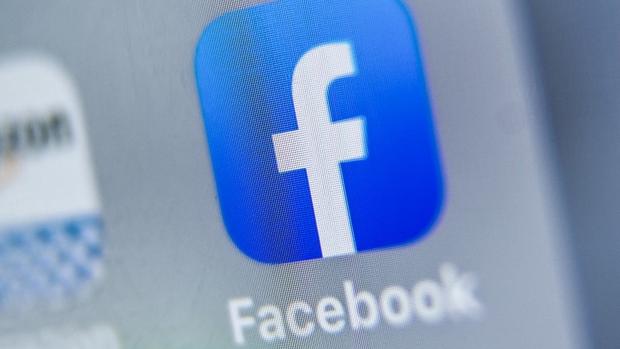 In this Aug 28, 2019 photo, the logo of Facebook is displayed on a tablet in Lille. (DENIS CHARLET / AFP)
In this Aug 28, 2019 photo, the logo of Facebook is displayed on a tablet in Lille. (DENIS CHARLET / AFP)
The US Federal Trade Commission, or FTC, and more than 40 states sued Facebook on Wednesday, accusing it of buying its rivals to create a social media monopoly.
The federal government and 48 states and territories have investigated the social media giant for more than 18 months.
They claimed in lawsuits that Facebook's purchases, especially the US$1 billion purchase of social media app Instagram in 2012 and WhatsApp for US$19 billion in 2014, harmed consumers by eliminating their opportunity for choice and privacy protections.
"Facebook has maintained its monopoly position by buying up companies that present competitive threats and by imposing restrictive policies that unjustifiably hinder actual or potential rivals that Facebook does not or cannot acquire," the commission said in its lawsuit filed in US District Court in Washington.
ALSO READ: Facebook accused of squeezing rival startups in virtual reality
The lawsuit asks the court to order "divestiture of assets, divestiture or reconstruction of businesses (including, but not limited to, Instagram and/or WhatsApp)".
"For nearly a decade, Facebook has used its dominance and monopoly power to crush smaller rivals and snuff out competition, all at the expense of everyday users," New York Attorney General Letitia James said in a statement.
After the lawsuits were announced, Facebook's stock fell 2 percent to US$277.70 a share.
Facebook is reviewing the complaints and pointed out that the FTC approved its acquisitions.
"Years after the FTC cleared our acquisitions, the government now wants a do-over with no regard for the impact that precedent would have on the broader business community or the people who choose our products every day," the company said in a statement.
The government now wants a do-over, sending a chilling warning to American business that no sale is ever final.
Jennifer Newstead, vice-president and general counsel of Facebook
Jennifer Newstead, vice-president and general counsel of Facebook, called the litigation "revisionist history".
"The most important fact in this case, which the commission does not mention in its 53-page complaint, is that it cleared these acquisitions years ago," she said in a statement. "The government now wants a do-over, sending a chilling warning to American business that no sale is ever final."
In response to threats of breaking up the company, Facebook Chief Executive Mark Zuckerberg has said he would consider fighting any such move.
"I don't want to have a major lawsuit against our own government," Zuckerberg told employees in an internal meeting obtained by The Verge.
Legal challenge
But he said if the government sued to break up Facebook, "then I would bet that we will have a legal challenge, and I would bet that we will win the legal challenge".
"But look, at the end of the day, if someone's going to try to threaten something that is existential, you go to the mat and you fight."
In November, Zuckerberg told the Senate Judiciary Committee that Facebook didn't view Instagram as a direct competitor in 2012.
"We had some competition with Instagram in the growing space of camera apps and photo-sharing apps, but at the time I don't think we or anyone else viewed Instagram as a competitor as a large, multipurpose social platform," he said.
READ MORE: US, states poised to sue Facebook for monopoly abuse
"In fact, people at the time mocked our acquisition because they thought that we dramatically spent more money than we should have to acquire something that was viewed as primarily a camera and photo-sharing app at the time."
Ian Conner, who oversees antitrust enforcement at the FTC, told The New York Times: "Our aim is to roll back Facebook's anticompetitive conduct and restore competition so that innovation and free competition can thrive."
Facebook generated revenues of more than US$70 billion and profits of more than US$18.5 billion last year alone, according to the FTC's complaint.
Xinhua contributed to this story.
Contact the writer at minluzhang@chinadailyusa.com



